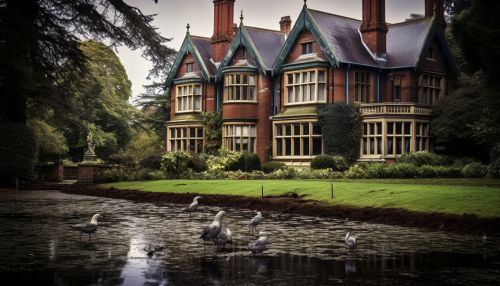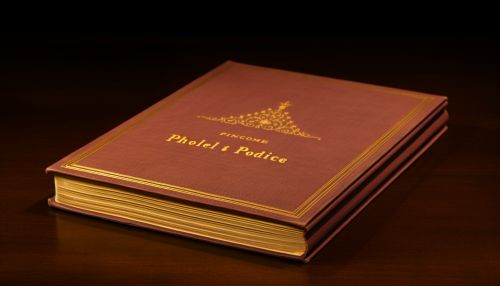Malthus
Early Life and Education
Thomas Robert Malthus was born on February 13, 1766, in Surrey, England. He was the seventh of eight children born to Daniel and Henrietta Malthus. His father, a personal friend of the philosopher David Hume, and an acquaintance of Rousseau, was an ardent disciple of the Enlightenment and ensured that his son received an education steeped in the ideals of the time.


Malthus was initially educated at home and was later sent to the prestigious Dissenting Academy in Warrington, where he studied under Gilbert Wakefield, a noted scholar and controversialist. In 1784, he entered Jesus College, Cambridge, where he studied a range of subjects including mathematics, classics, and moral philosophy.
Career and Works
After graduating from Cambridge, Malthus was ordained as a curate in the Church of England and took up a post as a parish priest in Surrey. However, his passion for intellectual pursuits led him to accept a professorship in History and Political Economy at the East India Company's College in Hertfordshire in 1805, making him one of the first professors of economics in history.
Malthus's most significant contribution to economics came in 1798 with the publication of his essay, "An Essay on the Principle of Population". In this work, Malthus proposed that while resources, particularly food, increased arithmetically (1, 2, 3, 4...), population grew geometrically (2, 4, 8, 16...). This, he argued, would inevitably lead to overpopulation and resource scarcity.


Malthus's ideas were controversial and sparked a heated debate among his contemporaries. His theory, often referred to as the Malthusian Catastrophe, has been critiqued, defended, and expanded upon by numerous economists and scholars since its inception.
Legacy and Influence
Despite the controversy surrounding his theories, Malthus's ideas have had a profound impact on the field of economics and beyond. His work on population growth and resource scarcity has influenced fields as diverse as ecology, demography, and political science.
Malthus's ideas have also played a significant role in the development of Neo-Malthusianism, a movement that advocates for population control measures to ensure resource sustainability. His theories have also influenced the development of evolutionary biology, with both Charles Darwin and Alfred Russel Wallace citing Malthus's work as an influence on their theories of natural selection.
Criticism and Controversy
Malthus's theories have not been without criticism. His pessimistic view of population growth and resource scarcity has been challenged by many economists and scholars. Critics argue that Malthus failed to account for technological advancements that could increase resource production and efficiency.
Moreover, Malthus's advocacy for population control measures, particularly those targeting the poor, has been criticized as classist and ethically problematic. Despite these criticisms, Malthus's work continues to be a significant point of reference in discussions about population growth, resource scarcity, and sustainability.
